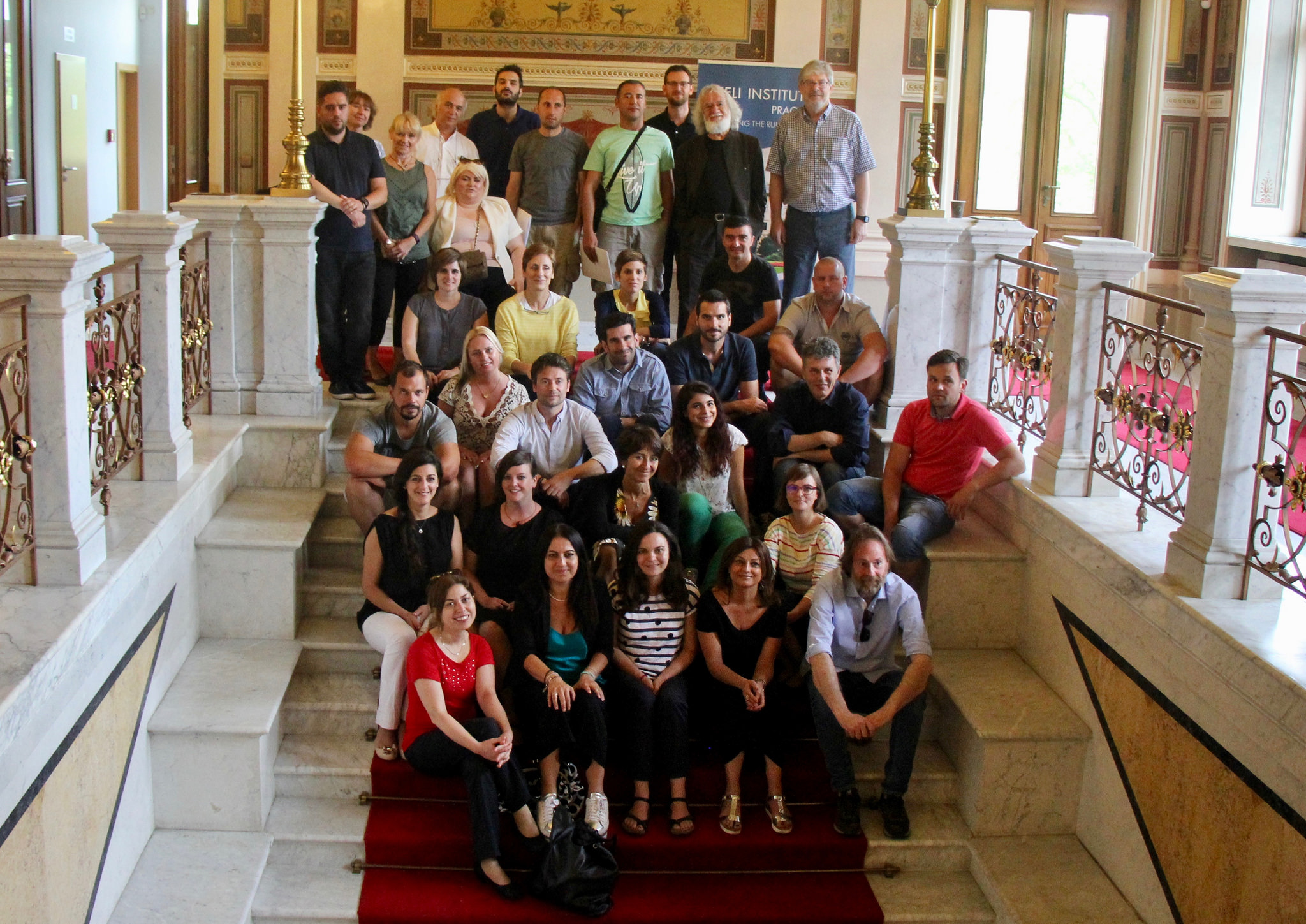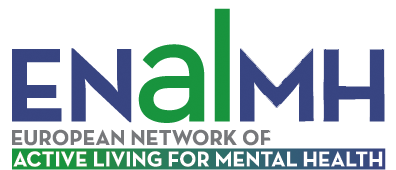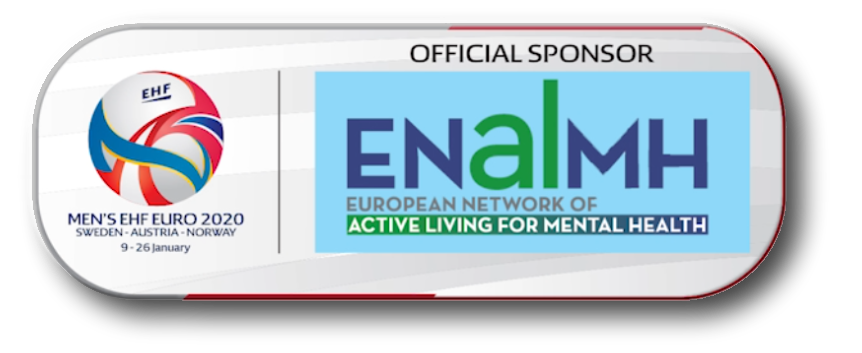 Active living is a fundamental part of human nature and its link to optimal health and wellbeing can be traced back to ancient times. Hippocrates, considered the father of Medicine, is possibly the first physician to recognize its role on preventing sickness and promoting health. He wrote: “All parts of the body, if used in moderation and exercised in labors to which each is accustomed, become thereby healthy and well developed and age slowly; but if they are unused and left idle, they become liable to disease, defective in growth and age quickly”.
Active living is a fundamental part of human nature and its link to optimal health and wellbeing can be traced back to ancient times. Hippocrates, considered the father of Medicine, is possibly the first physician to recognize its role on preventing sickness and promoting health. He wrote: “All parts of the body, if used in moderation and exercised in labors to which each is accustomed, become thereby healthy and well developed and age slowly; but if they are unused and left idle, they become liable to disease, defective in growth and age quickly”.
Nowadays, research in the fields of public health, epidemiology, exercise physiology and the behavioural sciences provides overwhelming support to this view. Major scientific organizations such as the American College of Sports Medicine and the American Heart Association recommend, that children and adolescents, young and middle-aged adults, older adults, and those with chronic conditions engage in active living to prevent many adverse health outcomes and promote optimal health, including mental health.
Specifically, for mental health, an emerging body of evidence shows that mental disorders are highly prevalent and interfere, in substantial ways, with the ability of children to learn and the ability of adults to function in families, at work, and in society at large (World Health Organization 2016), while active living has consistently emerged as a key indicator of improved cognitive function and wellbeing.
Withstanding the criticism that exercise intervention studies have received in reducing depression, a recent meta-analysis where only studies with high methodological quality were included established the antidepressant effect of exercise intervention for people with mild and moderate depression.
Although the underlying mechanisms of the beneficial effects of active living on depression and anxiety symptoms are poorly understood, there are extensively documented robust effects on monoaminergic neurotransmission, upregulation of neurotrophic factors and neuroplasticity. Moreover, no longer dominated by the Decartian argument for the separation of mind and body, science of the 21st century recognizes that changes occurring in the body may well influence the mind, and it appears that an interaction exists between neurobiological and psychosocial factors in reducing depression symptoms and enhancing mental wellbeing.
So Active Living refers simply to a way of life that integrates a wide range of physical activity, such as walking, and sports into a daily routine.
Hippocrates, considered the father of Medicine, is possibly the first physician to recognize physical exercise’s value on preventing sickness and promoting health. He wrote: “All parts of the body, if used in moderation and exercised in labors to which each is accustomed, become thereby healthy and well developed and age slowly; but if they are unused and left idle, they become liable to disease, defective in growth and age quickly”.
The main goals of the ENALMH Network are:
- Enrichment of the therapeutic procedures of mental health services through the effective use of sport and physical exercise for the users
- Strengthening of social cohesion by combating the stigma of the mentally ill people
- Emerging of Sport and Physical Exercise as a fundamental parameter to the prevention of mental health problems
- Advocacy for the rights of patients and persons with mental disabilities
- Support and realization of sports and physical activities for Mental Health by its members
- Contribution to research and educative processes which aim to clarify and extend the connection between the fields of Sport and Physical Exercise and Mental Health
- Support the rights of the mental health services users
- Promotion of policies which are related to the connection between the fields of Sport and Physical Exercise and Mental Health at both European and national level
- Cooperation with other, specialized organizations which are active in the fields mentioned given the fact that only an integrated multidisciplinary holistic approach can deliver the intended results in the field of Mental Health.
ENALMH is seated in Brussels, Belgium, operates under the A.I.S.B.L. status (Not for profit International Association) and is governed by Title III of the Belgian Law of 27 June 1921.
BCE No: 0700.749.873
EU Transparency Register No: 913852733175-72

